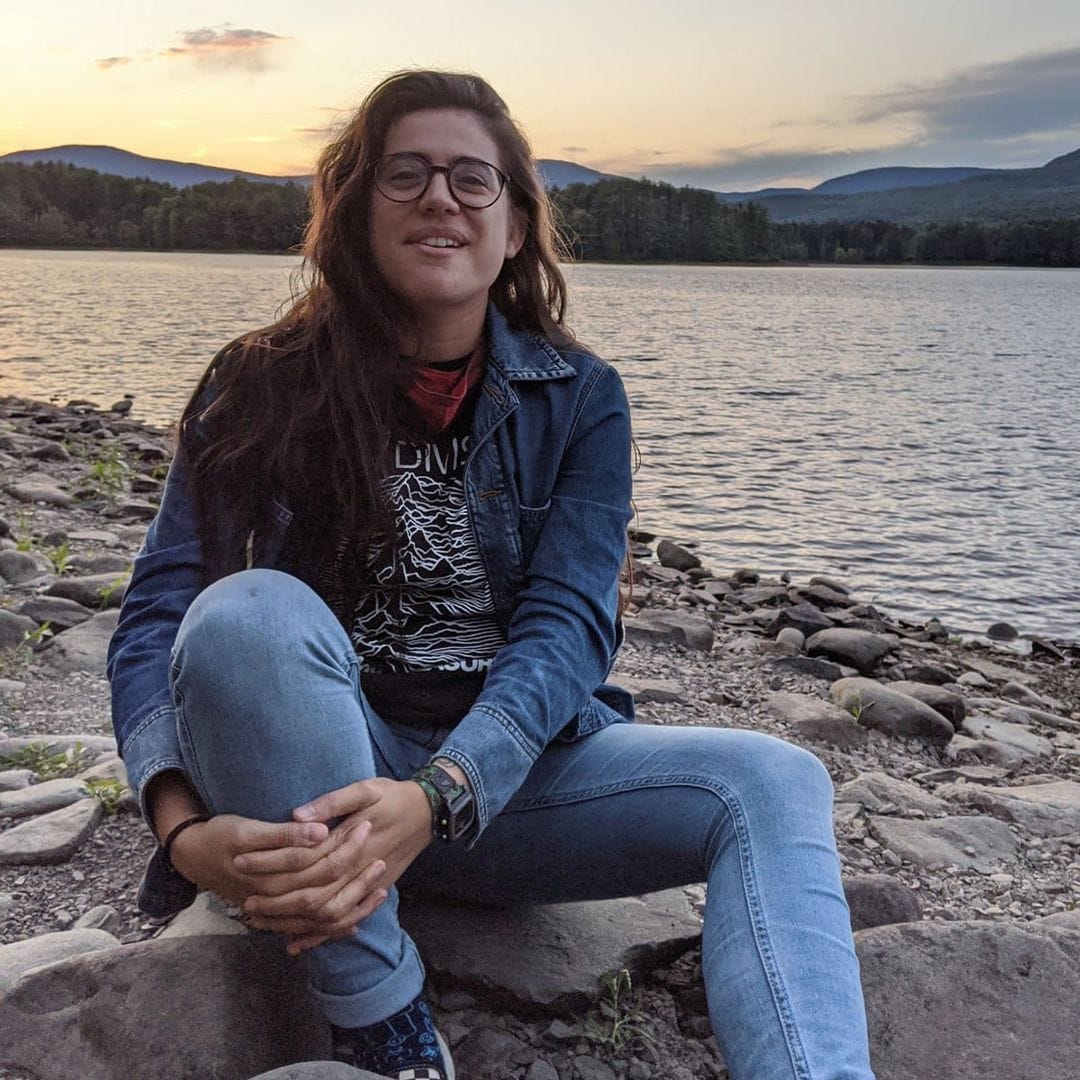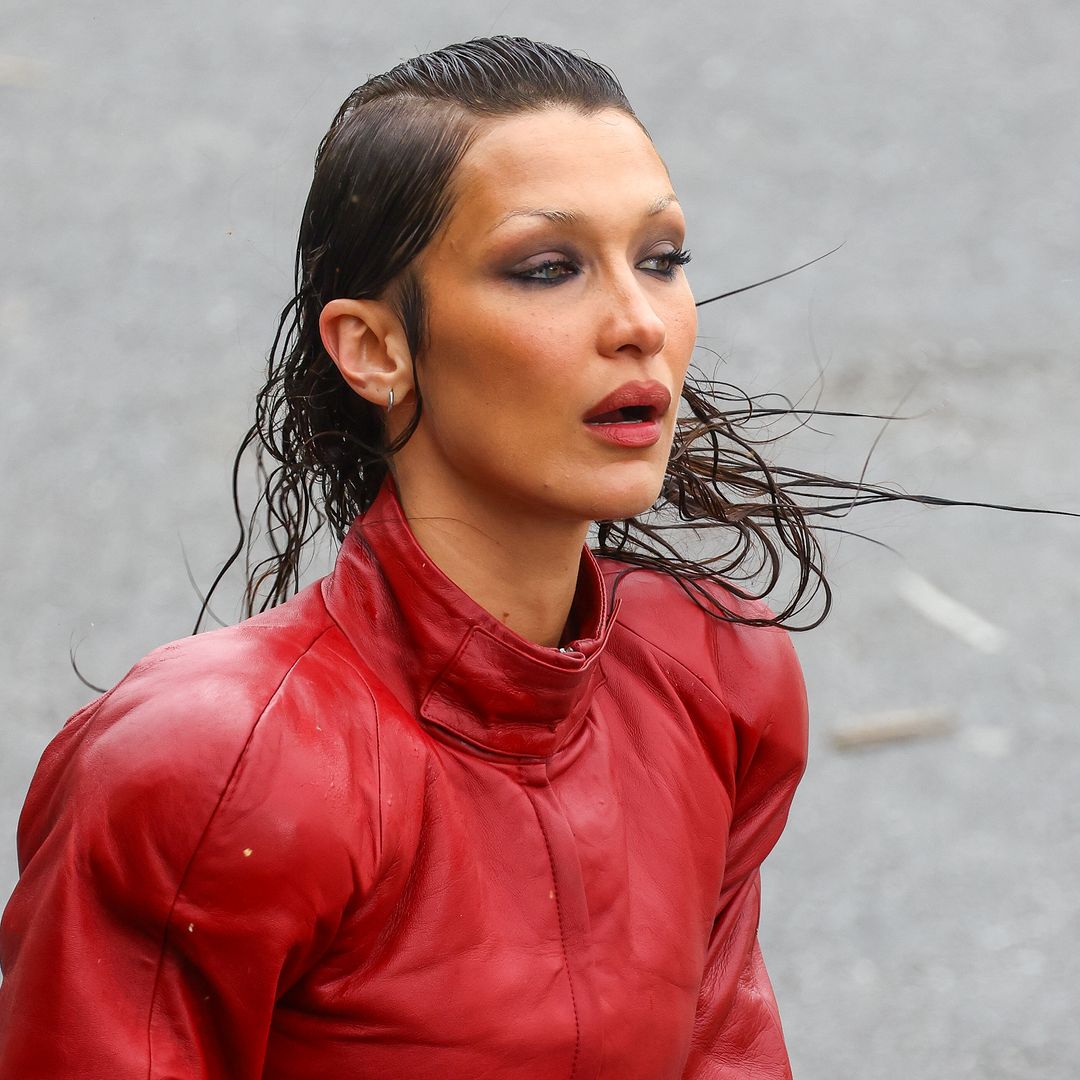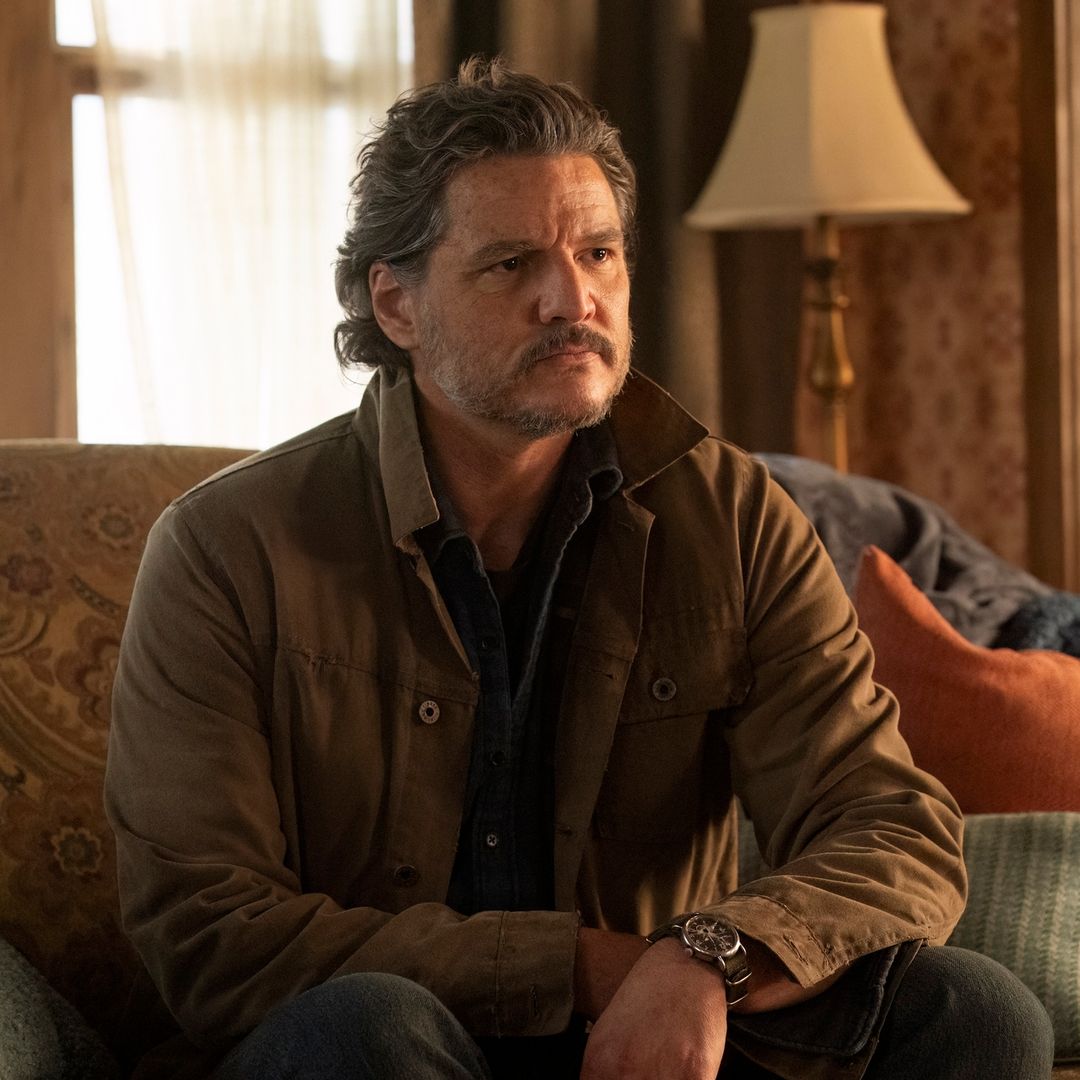Jay Hernandez has been attached to the “The Long Game” for years. The film, which came out last week, is based on a true story, following five high school-aged Latino golfers in the 50s. After being banned from playing golf because of their heritage, the boys band together to train and form their own golf course, a process that results in them winning a state championship. It’s a classic sports story, trailing a group of underdogs that defeat the odds, yet also serving as a mirror to America, reflecting its struggles and possibilities.
Hernandez plays J.B. Pena, a war veteran whose just earned a spot as the new school superintendent. He hopes to achieve his American dream — the fancy car, the white picket fence, and a membership at his local golf club. When things don’t go as planned, he ends up coaching the boys in hopes of getting back at the club that denied him entry.
In an exclusive interview with HOLA! USA, Hernandez, a veteran of sports movies, discusses how he got involved with the project, a journey that began years ago and culminated in a screening at the White House. He also discussed his friendship with his co-star Dennis Quaid, with whom he’s worked various times throughout his career.
‘The Long Game’ was recently screened at the White House. Congressman Joaquin Castro shared a statement discussing the importance of inspiring Latino stories that are not based on harmful stereotypes. Can you tell me what that felt like? I’m still processing it. It was surreal. You know, this film was a conversation. This was a rough draft of a script. This was a meeting, five, or six years ago. I’m not even sure how many years ago it was when we first started having this conversation. And to have it culminate in a screening at the White House was kind of mind-blowing.
I thought I was prepared for it, but I got a tour of the Oval Office, and I met with the Vice President. I walked around those hallowed grounds, and it was so humbling. And to be a part of a story about these young kids trying to transcend racism in the fifties, and to see one of those guys be at the White House to screen a film that told his story was surreal.
I had to sit back and sort of take it all in to make sure I was fully processing and understanding how important and how special this movie is. It was a beautiful thing. There were also a lot of young kids at the screening, and for them to feel like there’s no ceiling to what they can achieve is so special. I think the movie shares an important message, particularly now in a time that’s so politically divisive, when there are a lot of negative stereotypes and imagery associated with our community. I think a story that’s hopeful like this and positive and nostalgic and cinematic. It’s the perfect moment for this film.
The film is based on a true story. What was your reaction to learning about this story, which I feel like it’s kind of unknown, at least by the general public? Also, what was it like to portray a character that’s based on a real person? I’ve done that before. I did a ‘World Trade Center’ with Oliver Stone and played a real-life character, and that was super complicated for its own reasons and super humbling. And it was a great honor. Playing real-life individuals is a complex thing. Playing JB Pena wasn’t as heavy, but yeah, I think… Trying to understand the guy and to get in his head and understand the period that he lived in, and what he wanted to do with himself, what he wanted to give to his wife.
I mean, the guy served his country and still wasn’t good enough, you know? He was still the other, and he had this thing in his head, where he thought that if I could just be a member of this club, then he’d finally be accepted by this community. And I think that he realized through the process and through these boys that it was bigger than that, and bigger than him as an individual. And he thought he was teaching these young boys something, but these boys helped him restore his dignity. And that comes from an internal place, not an external place. It’s not about wearing a badge of some sort, whether it’s a fancy car or an nice watch or, or being a member of a country club.
One of the producers of the film compared ‘The Long Game’ to films like ‘Field of Dreams,’ ‘Rocky,’ and ‘Bull Durham,’ which are these quintessential inspiring sports movies. Can you share some of your favorite movies of this sort? ‘Field of Dreams’ was a great one. I was in a couple of ‘em, you know (laughs). I was in ‘The Rookie,’ which for me, it was such a beautiful time and a beautiful film. It was like the Halcyon days of my youth, you know, when I was just getting into the business and I could not have asked for a better experience and a better lead in Dennis (Quaid), which now making ‘The Long Game’ with him again was absolutely a full circle moment. “Friday Night Lights” was another one. Big, big football movie and shot in Texas.
Texas has this gravity that keeps pulling me back. I dig it (laughs), I love it.
I also wanted to ask a bit about Dennis Quaid, who’s a sports movie icon. Can you share some thoughts about working with him again or some of your favorite onset memories? Dennis is a nut, I love him. He’s like this quixotic old legend of the business. I’ll give you two stories. In “The Rookie,” you know, we had lots of fun on set just kind of like going to practice. It was just like being on a high school team. But Dennis is also a musician (laughs), his night job is that he has a band. And I remember seeing him perform, and he was like… He had no shoes on, the women were going wild, and he was doing his thing. It was another performance, but I saw him in a very different way. I was like, this guy’s a rockstar, you know? (laughs). This guy’s such a badass.
On “The Long Game,” he is an avid golfer. He loves golf more than, probably more than movies (laughs). And so it was like wrangling cats to get Dennis to focus on the scene because all he sees are the golf courses and the holes, and, you know, he’s like chipping balls onto the greens, and we were trying to shoot something or block a scene and he was like half a mile down the course (laughs). We always had to wrangle Dennis to get him ready for the scene.
“The Long Game” feels like such a special movie. Not only because it’s a Latino story but also because it goes beyond the element of race. What types of films starring Latinos or made by Latinos do you hope to see in the future? Well, you know, it’s funny. Everyone’s always trying to crack what the Latino thing is, right? This like, wave of cinema and whatever business you’re in, they think of it as something mysterious and ethereal, and it’s like, we don’t know what it is but we know we need it. We know we want a piece of that business. And I think it’s as simple as this: Tell true, honest stories. And being Cuban American, Dominican American, Honduran, Mexican American, you know, you’re gonna see all of these stories through that lens. And if you just tell an honest story and make a good film, that’s the secret sauce. You know what I mean? There’s nothing beyond that. Tell a good story and make good films.
Lastly, are there any projects that you’re working on or anything exciting that you have lined up? Yeah, I’m very excited about what’s coming next. I was on ‘Magnum PI’ for a long time. The show just ended and it was a beautiful experience. It taught me a lot. I got my first directing experience. So I’m moving on to a feature and I’ll be announcing something about that very soon. I’m very very excited about that. So I’m directing, producing, and, if I have time, I’m gonna star in something before the year is over.
The end of ‘Magnum PI’ has basically freed up a lot of time for me to engage in the things that I didn’t have time to before because, you know, it takes so much time outta the year to shoot a network television show. So yeah, there’s a lot coming soon. And we’ll be making announcements about it.
This interview has been condensed and edited for clarity.

![Watch: ‘Sinners’ clip teases Michael B. Jordan’s terrifying showdown [Exclusive]](https://www.hola.com/us/horizon/square/14af19b6d599-screen-shot-2024-09-24-at-9-56-49-am-66f2c52fc7706.jpg)


